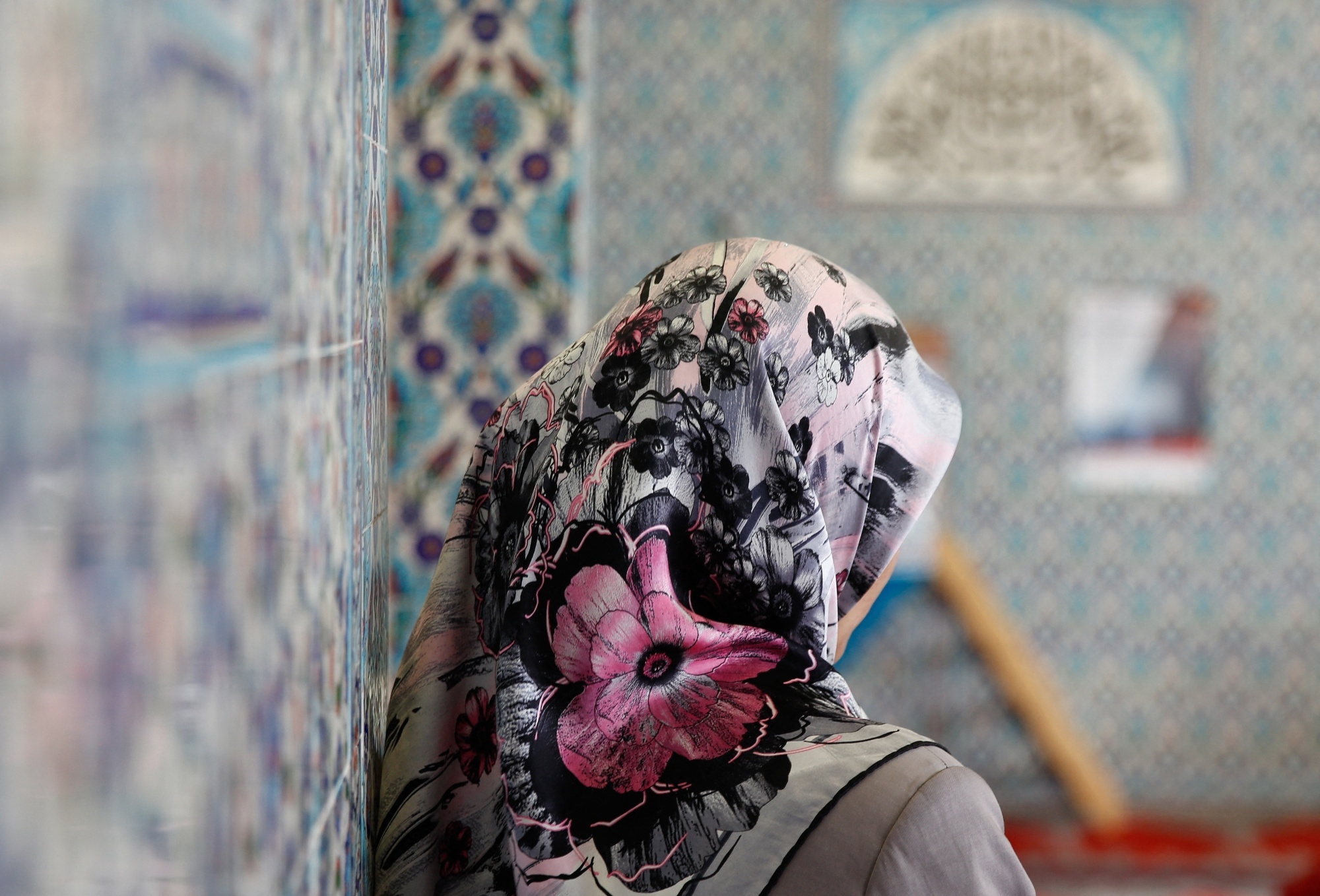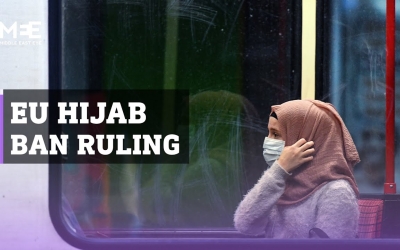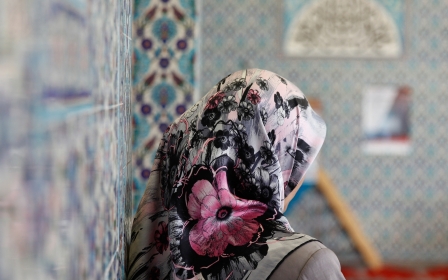Turkey condemns EU court ruling on hijab ban as violation of freedoms

Turkey on Sunday slammed a ruling by a top European Union court allowing the banning of hijabs under certain conditions as a "clear violation of religious freedoms", adding the move would exacerbate prejudices against Muslim women in Europe.
The Luxembourg-based EU Court of Justice (ECJ) ruled on Thursday that companies in the bloc can ban employees from wearing a headscarf under certain conditions, if they need to do so to project an image of neutrality to customers.
The Turkish Foreign Ministry said in a statement the ruling was a sign of rising Islamophobia, coming at a time when Muslim women in Europe are being subjected to increasing discrimination for their religious beliefs.
"The ECJ decision, at a time when the Islamophobia, racism and hatred that have taken Europe hostage are rising, disregards religious freedom and creates a basis and legal cover for discrimination," the ministry said.
On Saturday, the Turkish presidency's communication director Fahrettin Altun condemned the move, saying "this wrong decision is an attempt to grant legitimacy to racism," Reuters reported.
The issue of the hijab, the traditional headscarf worn around the head and shoulders, has been divisive across Europe for years, underlining sharp differences over integrating Muslims.
Strained ties
Thursday's ruling followed two cases brought by Muslim women working in Germany.
In enforcing the ban, the employer must nonetheless show it is not discriminating between different beliefs and religions in its policy, the ECJ said.
The two women, a cashier in a chemist and a special needs carer, had taken their cases to German courts after being prohibited from wearing the hijab at work.
The German courts had then referred the cases to the ECJ for an interpretation of EU law.
Ankara has repeatedly accused European nations of not doing enough to prevent discrimination against Muslims, saying it will start publishing an annual report on what it calls examples of Islamophobia around the world.
Ties between Ankara and the bloc have been strained over a host of issues, including a dispute between EU member Greece and Turkey over maritime jurisdiction and energy rights in the eastern Mediterranean.
Middle East Eye delivers independent and unrivalled coverage and analysis of the Middle East, North Africa and beyond. To learn more about republishing this content and the associated fees, please fill out this form. More about MEE can be found here.






